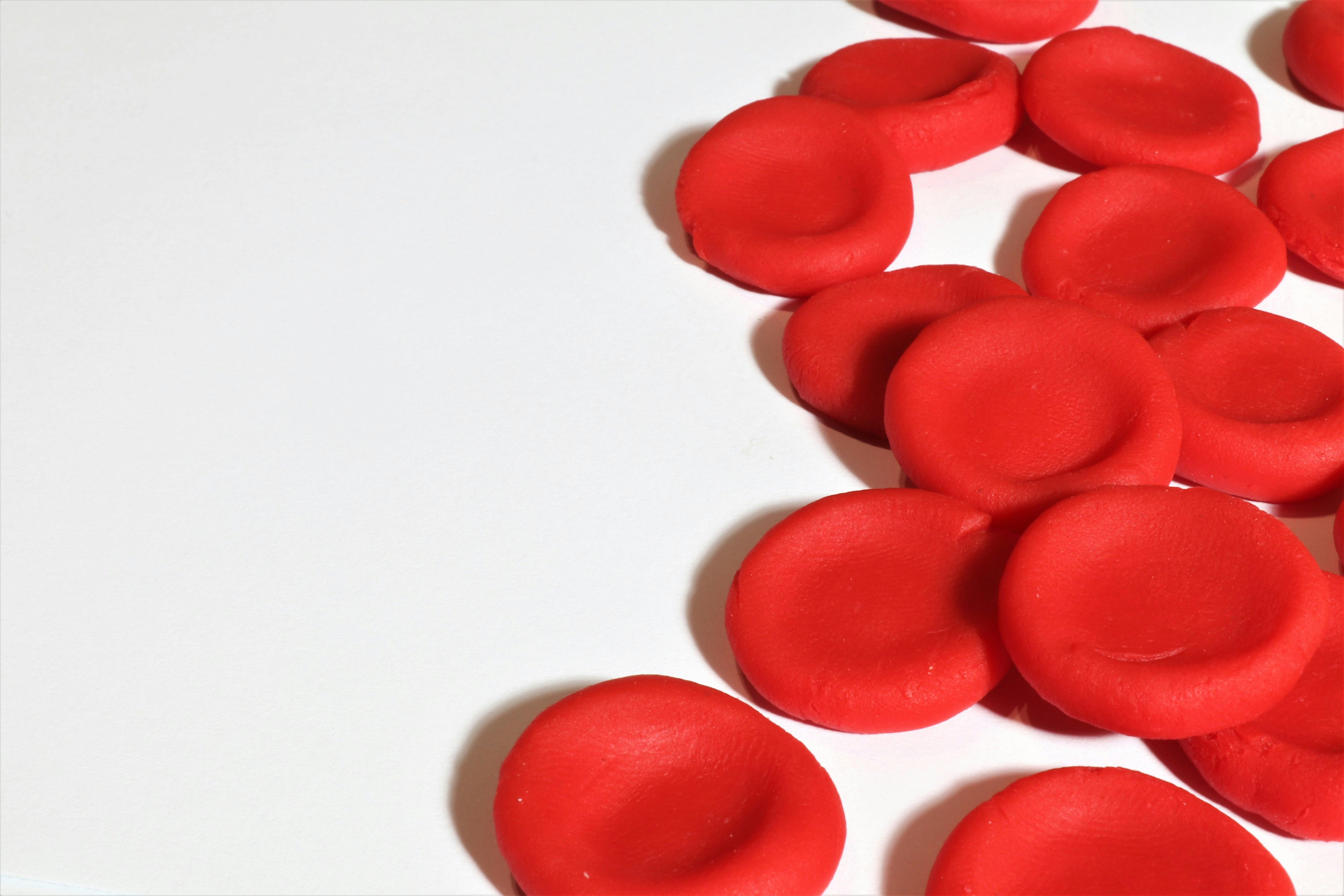
Your Best Friend’s Worst Enemy: How Indoor Air Threatens Your Pet
Poor indoor air quality (IAQ) doesn’t just harm humans. It hits pets faster, harder, and more quietly. They have smaller and more sensitive respiratory and immune systems—meaning damage happens fas...

Emotional Regulation and Indoor Air Quality
Your ability to “keep it together” comes down to a balancing act between the prefrontal cortex and the amygdala (read: the drama queen). Fewer outbursts, better decisions, and a calmer you . . . ar...

From Fatigue to Focus: How Oxygen Optimization Can Change Your Life
Most of us don’t realize we’re living in an oxygen-deficient world. Modern indoor spaces trap carbon dioxide, reducing the oxygen we need for mental clarity, endurance, and overall health. Oxygen i...

LEED Ratings Explained: How They Work and Why They Matter
LEED certification is the gold standard for sustainable building design, but what does it really mean? From energy efficiency to indoor air quality, LEED ratings evaluate how eco-friendly a buildin...

From Health Bills to Lost Productivity: The Price of Poor Air Quality
Poor air quality isn’t just a health risk—it’s an economic burden. From rising medical expenses to lost workdays and reduced productivity, polluted indoor air comes at a steep cost. Learn how CO₂ b...

Is Your Building Making You Sick? A Guide to Sick Building Syndrome
Sick Building Syndrome (SBS) is a term used to describe a range of symptoms that people experience when they spend time in certain buildings with compromised indoor environments. This phenomeno...
